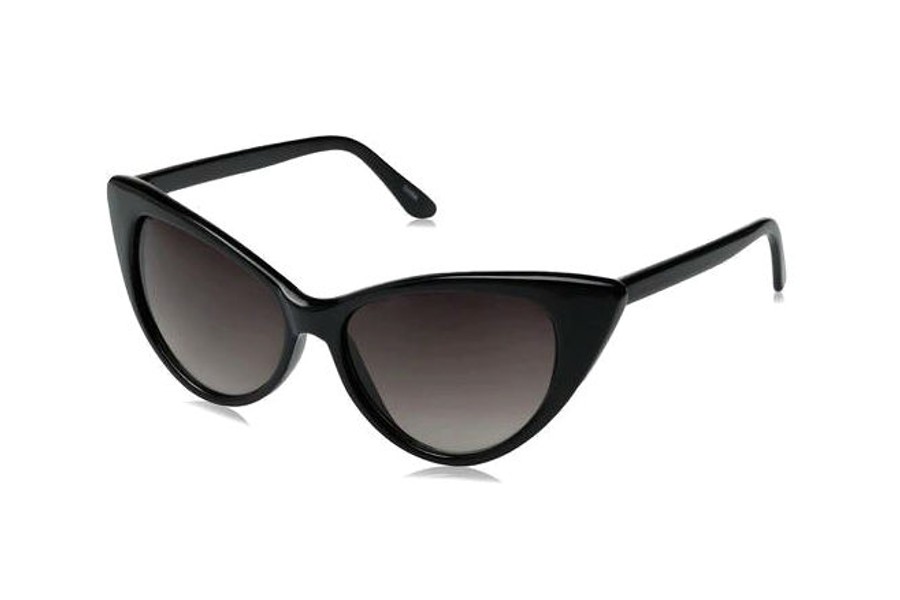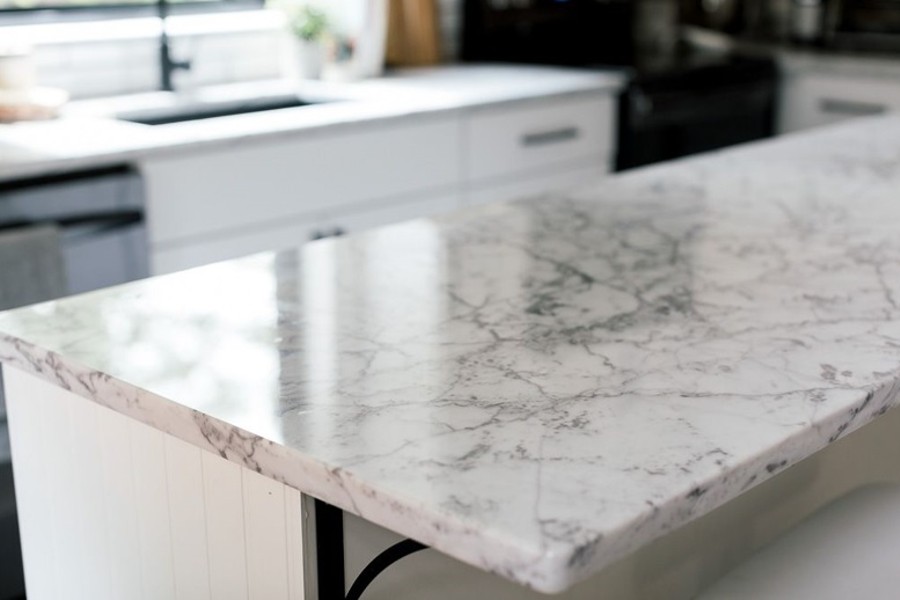On Sunday, August 20th, 2023, the GATW Paper Fashion Show previews, “Walk the Streets of Harlem” with models walking from 180 West 135th Street in Harlem to the Metro Plus booth at 3 pm.
Continue reading6 Uses For Rubber In Precision Industrial Production
We don't often associate rubber with precision industrial production and yet it is an invaluable resource in this sector. Rubber has the unique ability to be both strong and also flexible, making it perfectly suited for many intricate designs that require strength as well as pliability. In addition, its low cost of production makes it a desirable material to use from a financial standpoint.
Today, let's explore 6 key uses for rubber in precision industrial production - from creating parts with exacting specifications to vibration-dampening solutions! We'll look at just how versatile and beneficial using this amazing material can truly be!
Rubber for sealing and gaskets in industrial machinery
Rubber is a versatile material that has been used for countless applications, but one of its most important roles is as a sealing and gasket material in industrial machinery. These components are crucial to preventing leaks and ensuring that machinery operates efficiently and effectively. Without proper sealing and gaskets, machinery would be prone to breakdowns, leaks, and other issues that could lead to costly downtime and repairs. Rubber's unique properties make it ideal for these applications, as it is flexible, durable, and resistant to a variety of harsh conditions. Whether it's in an engine, pump, or other machinery, rubber seals and gaskets play a vital role in keeping everything running smoothly.
Rubber in vibration-dampening components to reduce noise levels
Rubber has long been used in the manufacturing of vibration-dampening components to reduce noise levels. Its unique properties allow it to absorb and disperse vibrations, resulting in a quieter and more comfortable environment. From car engines to industrial machinery, the use of rubber in such components has become increasingly popular due to its efficiency and effectiveness. Additionally, rubber is a versatile material that can be molded into different shapes and sizes to fit various applications, making it an ideal choice for designers and engineers looking to reduce noise levels without compromising functionality. With its proven track record in vibration dampening and exceptional durability, rubber remains a top choice for noise reduction in a wide array of industries.
The rubber as a cushioning material to prevent damage from impacts and shocks
In our fast-paced and technology-driven world, our devices can easily succumb to the wear and tear of everyday use. That's where rubber cushioning comes in handy. Whether it's a phone case, a tire, or an industrial machine, rubber's unique properties make it an excellent material for preventing damage from impacts and shocks. The flexibility and elasticity of rubber allow it to absorb the energy of an impact and disperse it evenly throughout the material, protecting whatever it's attached to. So, the next time you drop your phone or drive over a pothole, remember that the small but mighty rubber cushioning is hard at work behind the scenes, keeping your prized possessions safe and sound.
Rubber as an anti-corrosive coating on metals or other materials
Rubber may be commonly associated with tires or bouncy balls, but did you know that it can also be used as an effective anti-corrosive coating on metals and other materials? This versatile material can resist harsh chemicals and protect against wear and tear, making it an ideal choice for industrial applications. Applying a layer of rubber to a metal surface, can prevent rust and corrosion from forming, ultimately extending the lifespan of the object. Additionally, rubber coatings can also be used to dampen noise and vibration, making it a useful tool in a variety of different fields. Simply put, rubber is a reliable and durable option to safeguard your equipment from the harsh elements of the environment.
Rubber for insulation of electrical components or cables
The flexibility and durability of rubber make it ideal for both high and low-voltage applications, making it a commonly used material in the electrical industry. Rubber insulation protects components from damage caused by heat, moisture, and abrasion, ensuring the safe and reliable operation of electrical devices. With advancements in technology, rubber insulation has become even more efficient and effective, providing optimal protection for an array of electrical components and cables.
The rubber used in medical applications, such as prosthetics and implants
Rubber is widely used in creating prosthetics and implants due to its ability to adapt to the shape of the human body. Rubber is particularly well-suited for these applications because it is durable, pliable, and biocompatible. Moreover, it can be engineered to meet the specific needs of each patient. Whether it's a silicone gel that mimics the feel of natural tissue or a high-density polymer that provides structural support, rubber offers a range of possibilities for medical professionals. As the healthcare industry continues to evolve, it is likely that rubber will remain a vital component in creating innovative medical devices.
Rubber has a wide variety of uses in precision industrial production, from sealing and cushioning components to insulating electrical materials and even coating metals. It shows versatility, durability, and flexibility when used in machining or other applications. Overall, it is an indispensable material for many industrial production processes and should be considered as a viable option when choosing components for your own business. Rubber's remarkable properties make it the ideal material for providing fundamental support for an ever-evolving technological landscape. With rubber's capacity to withstand harsh conditions and its powerful ability to help shape key industry innovations, few materials can compete with its many unique uses in precision industrial production.
This content is part of the HWM Partnership.
Make Your Guests Happy: Easy And Delicious Food Ideas For Entertaining Friends
When it comes to entertaining friends, we all want our guests to leave with a lasting impression that they had an unforgettable time.
Continue readingEthics Of Lab-Grown Diamonds
Can a jeweler tell if a diamond is a lab-grown in? Lab-grown diamonds are a good alternative to natural diamonds as they are cheaper and they're basically the same.
Continue reading
Cotton Yoga Pants For Comfort And Style
Yoga is one of the best exercises not only for your body but also for your mind and soul.
Continue readingChoose The Best Frames For High Prescription Glasses
Budgeting For Kitchen Countertops: Essential Considerations

Hair Relocate: All That You Want To Be Aware Of The Method
The prominence of hair relocation these days truly intrigues — around 650,000 methodologies are performed every year, that equivalent around 2,000 every day as per ISHRS.
Continue readingSponsored Love: Luvme Hair Best Closure Wigs Everything You Need To Know
When it concerns hair, the possibilities are nearly limitless. That is why, before purchasing a closure wig, you should learn everything about them.
Continue readingWhat Does It Take To Run A Large Retail Company?
Lease Luxury Princess Yachts During Water Activities In Abu Dhabi
Luxury travel is often chosen for a variety of reasons. Some people want to escape the daily grind of life and explore new cultures and lifestyles.
Continue reading
Senator Gonzalez, “Hochul’s Proposed NYPA Expansion No Substitute For BPRA”
Senator Kristen Gonzalez issued the following statement in response to the Executive Budget that affects New Yorks from Harlem to the Hudson.
Continue reading
Top 10 Green Living Changes To Make In 2023
There are numerous benefits to a green lifestyle. Not only can it improve the health of the earth, but many changes also impact your health directly as well.
Continue readingHow To Do A Van Road Trip In Style
Most people are persuaded that to have a road van trip they need to give up their job, sell their house and everything they have to buy an extremely expensive van and only then set off on a journey.
Continue readingNew Fine Dining At Serafina’s To Open At NH Collection Madison Avenue Hotel
NH Collection New York Madison Avenue Hotel—the first NH Collection property to open in North America - just 40 minutes from Harlem, NY.
Continue reading











